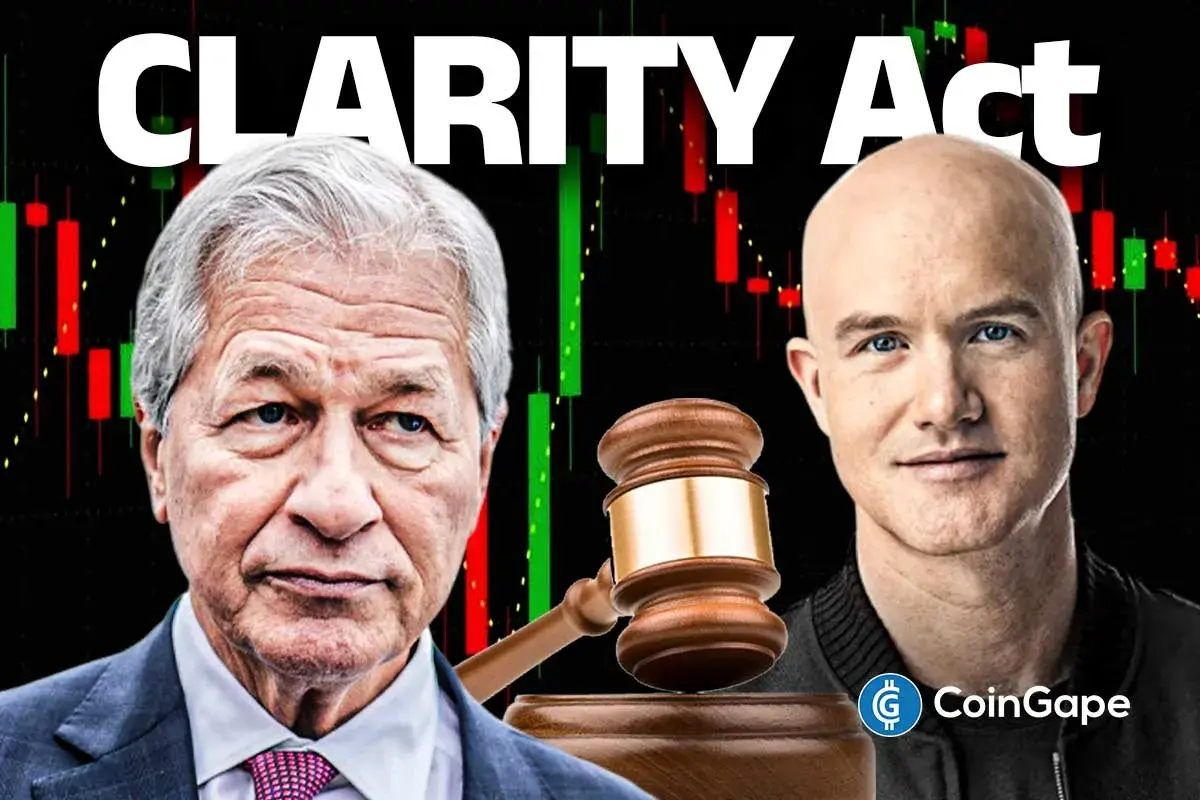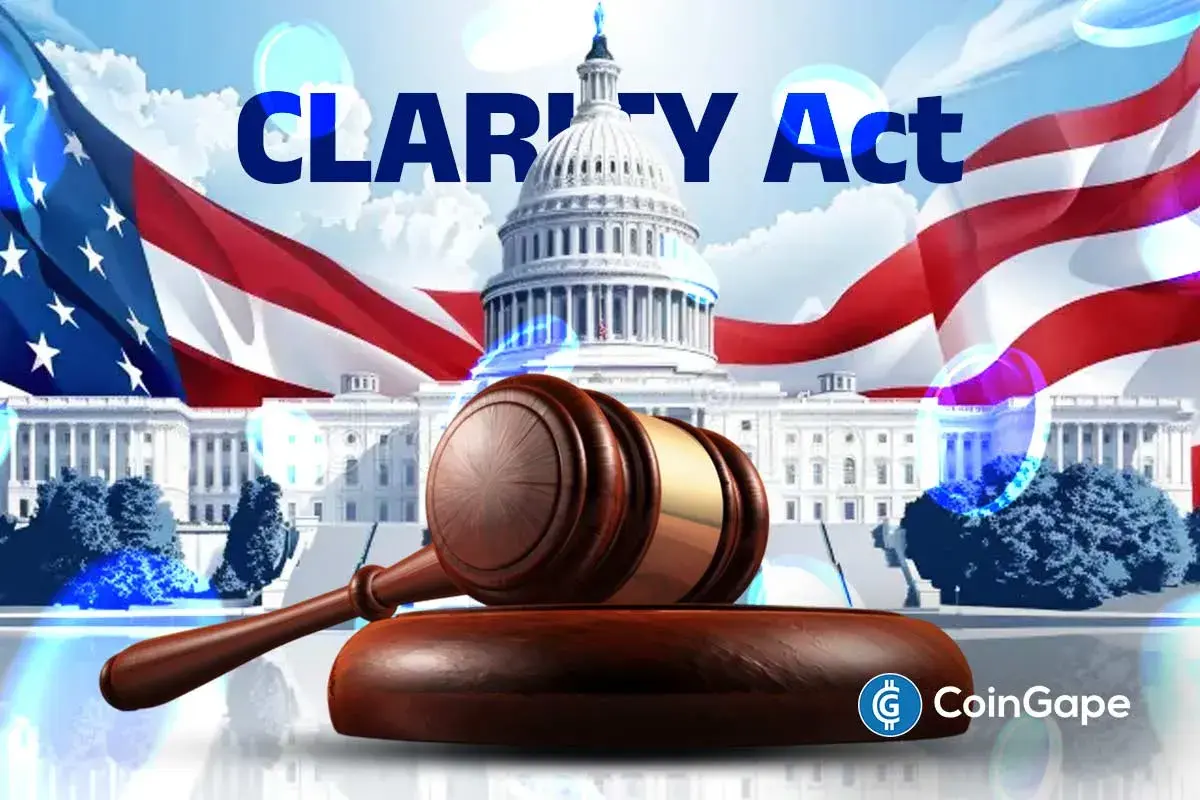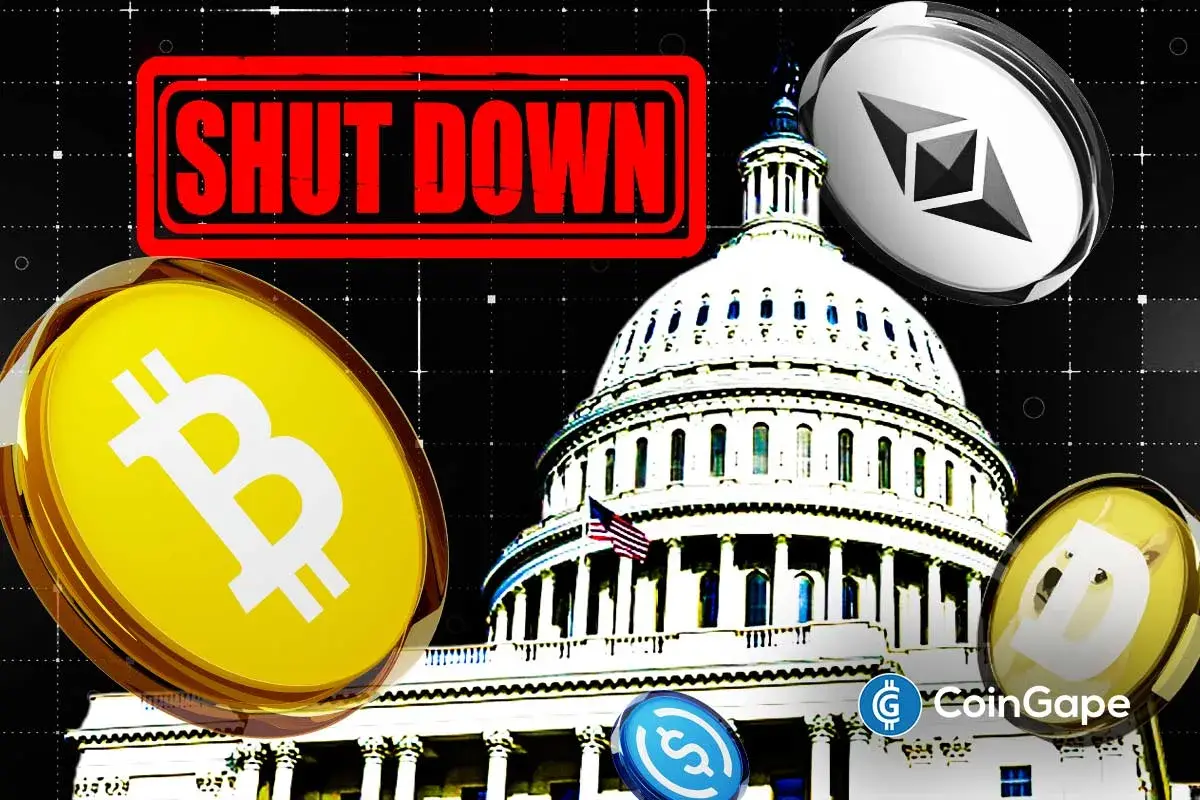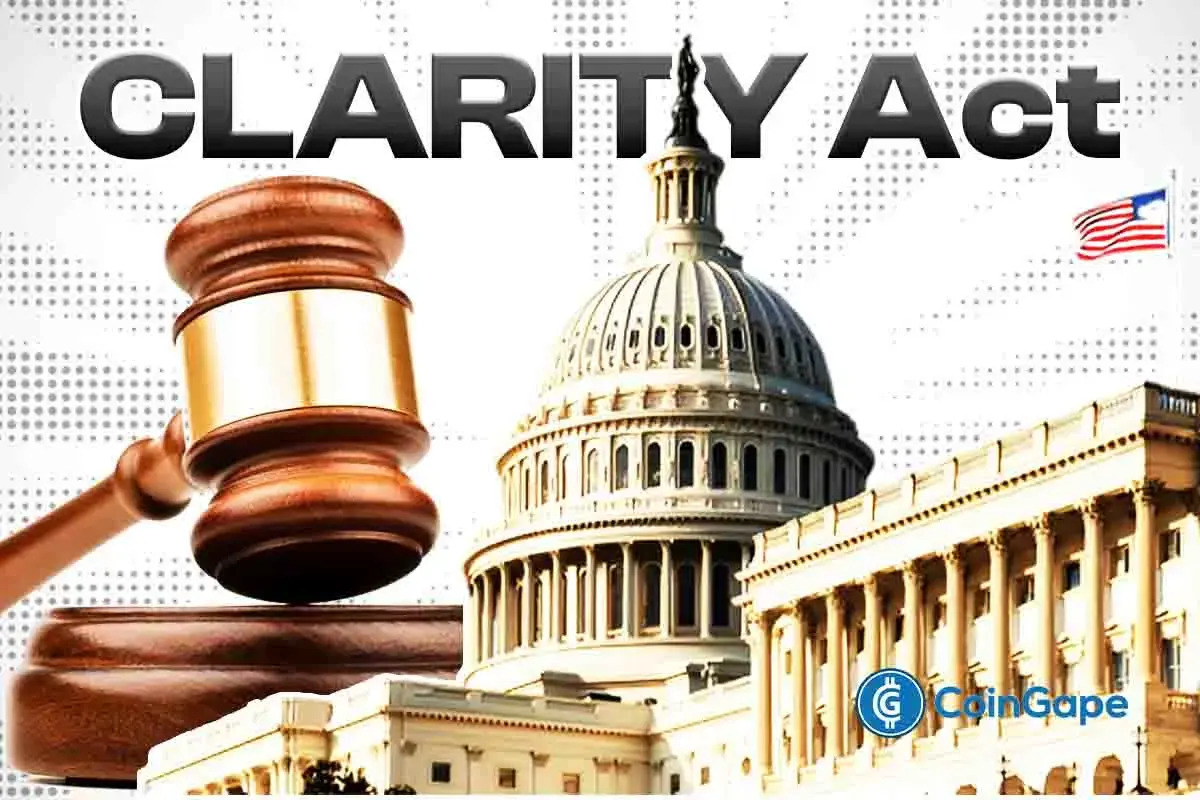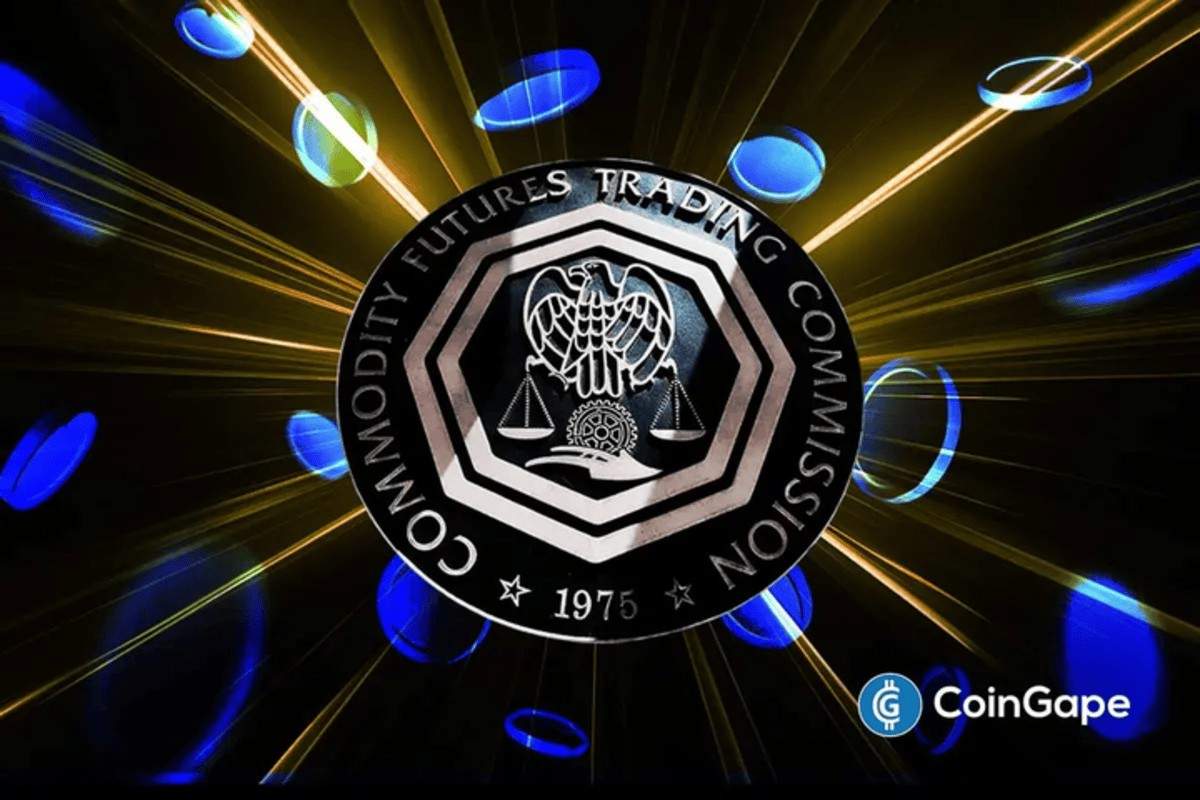Nigeria SEC Greenlights Regulated Stablecoin Operations Amid Global Acceptance

Highlights
- Nigeria's SEC introduces new stablecoin regulation.
- Stablecoins are required to comply the Investment and Securities Act 2025.
- This move comes amid the global acceptance of stable assets.
Nigeria’s financial landscape is undergoing a significant transformation as the Securities and Exchange Commission (SEC) has introduced a regulatory framework to govern stablecoin operations in the country. Stablecoin operations are now governed by a well-defined legal structure, requiring issuers to comply with SEC rules as outlined in the Investment and Securities Act 2025. This move aligns with the global trend of embracing regulated stablecoins as a viable store of value.
Nigeria Embraces Stablecoin Regulation
In the latest development within the Nigerian crypto space, the SEC has given a green signal for regulated stablecoins. Under the Investment and Securities Act 2025, the SEC now recognizes stablecoins as regulated securities, with issuers required to meet strict compliance, licensing, and reserve requirements.
During the Nigeria Stablecoin Summit held on Thursday in LagosSEC Director-General Emomotimi Agama highlighted the significance of holding innovation and regulation together. “Nigeria is open for stablecoin business, but on terms that protect our markets and empower Nigerians, stated Agama. He added,
When the history books document Africa’s financial revolution, today will be remembered as the moment we moved from potential to action. I stand before you as both a regulator and an advocate for responsible innovation.
It is noteworthy that this development comes on the heels of Bank of America’s plans to launch its own dollar-backed stablecoin.
Why Nigerians Choose Stable Assets?
Notably, the growing popularity of stable tokens in Nigeria is mainly driven by the natives’ focus on shielding themselves from inflation and currency decline. The young, tech-literate population is using these dollar-backed tokens for daily transactions, sending money abroad, and storing savings. Agama noted,
The digital economy in Nigeria is dynamic, youthful, and increasingly decentralised. Freelancers, traders, and businesses across the continent are opting for stablecoin payments to hedge against volatility…Regulatory frameworks must reflect our market conditions, demographic realities, and development priorities.
Stablecoins Gain Traction in the Global Financial Economy
Significantly, nations across the world are increasingly embracing stablecoins as a stable store of value, mitigating the risks associated with crypto volatility while transitioning from traditional fiat systems. Especially following US President Donald Trump’s efforts to regulate stablecoins via the GENIUS and CLARITY Acts, more countries are now following suit.
For instance, South Korea has legalized stablecoins under the newly elected President Lee Jae-myung. This move comes as part of the country’s initiative to launch a won-backed stable asset.
In addition, Hong Kong has also shown interest in stablecoin regulation, mandating new licensing requirements. According to the Hong Kong Stablecoin Ordinance, offering or promoting unlicensed fiat-backed stablecoins will be considered illegal and subject to penalties. These violations may face penalties up to $6.3K and six months imprisonment.
- Breaking: Bank of America (BofA) Reveals Holdings in This XRP ETF
- BlackRock Signal Further Downside for Bitcoin And Ethereum As It Moves $170M to Coinbase
- Just-In: Binance Buys Additional 1,315 BTC for SAFU Fund
- Big Short Michael Burry Issues Dire Warning on Bitcoin Price Crash Risks
- Kevin Warsh Nomination Hits Roadblock as Democrats Demand Answers on Powell, Cook
- Bitcoin Price Prediction As US House Passes Government Funding Bill to End Shutdown
- Ondo Price Prediction as MetaMask Integrates 200+ Tokenized U.S. Stocks
- XRP Price Risks Slide to $1 Amid Slumping XRPL Metrics and Burn Rate
- Gold and Silver Prices Turn Parabolic in One Day: Will Bitcoin Mirror the Move?
- Cardano Price Prediction as the Planned CME’s ADA Futures Launch Nears
- HYPE Price Outlook After Hyperliquid’s HIP-4 Rollout Sparks Prediction-Style Trading Boom





